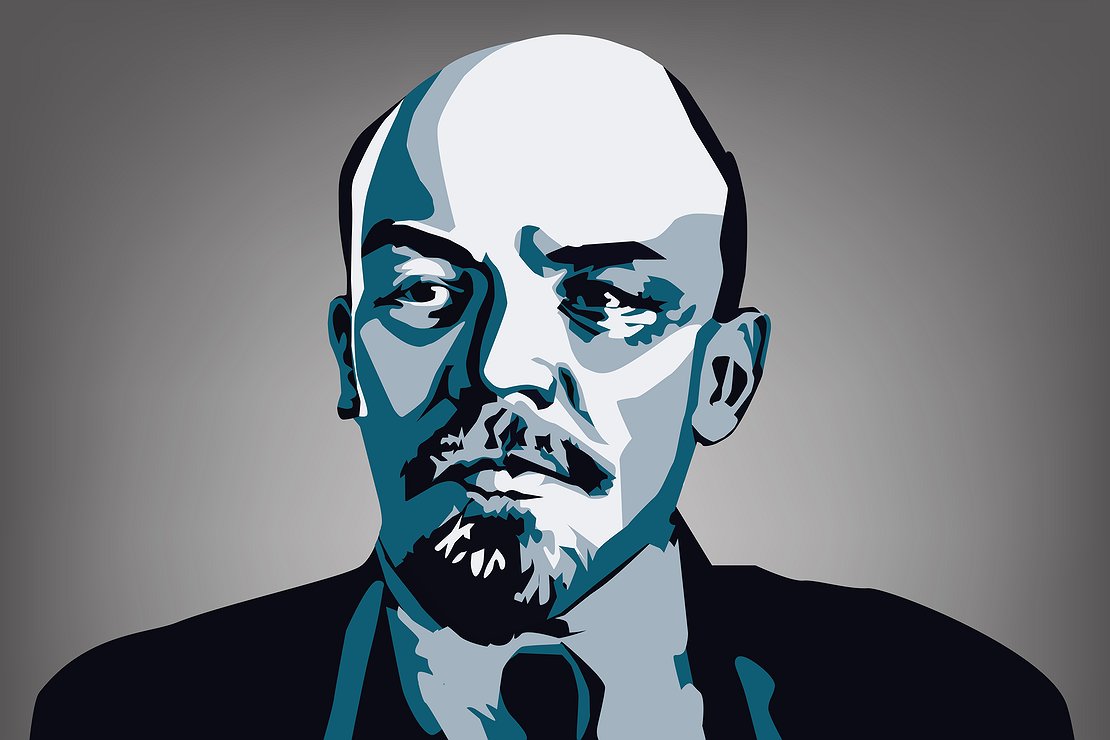
Trial against Identitarian Movement:Powerless, Distraught, Angry
The trial of 17 leading figures and sympathisers of the Identitarian Movement (IM) in Austria is a joke, but the laughter sticks in one’s throat. The accusation of, among other things, participation in a criminal organisation, incitement and damage to property is at the same time a lesson on the balance of power that has an effect reaching as far as Germany.
The authorities have already achieved one thing: the IM has had to switch from attack to defense mode. For the external and the self-image of a movement, whose purpose is to astonish the public through provocation or metamorphosis effects and to put the other side under pressure to explain itself, this represents a depressing turn.
The IM has underestimated the determination of its opponents. They, the opponents, demonstrate that they do not need to explain and justify themselves. They have the power to order house searches and seizures, to cause account terminations, to threaten custody and financial strangulation. They transform the social, private, psychological and even physical existence of the IM activists into a war zone. Since the front line and the hinterland of the Identitarians are identical, swaths of destruction will definitely remain.
Nonviolence is of little use to the Identitarians
They are prevented from bringing the conflict into the opposing camp because they are opposed by representatives of institutions, not private individuals. While one side is fighting for survival, the other can only win, even if it loses legally.
“Love of one’s homeland is not a crime,” is the defence of the IM, whereupon the opponents explain: You are not celebrating love of your homeland, but exclusion, discrimination and the disregard of human rights. Even their strict non-violence is of little use to the Identitarians if the state brings forward the concept of violence and claims that violence begins where the Identitarian language supposedly sows ‘hatred.’ ‘Hate’ is a flexible term defined as deemed necessary by the holders of the hegemony of discourse.
They accuse the IM of “degrading” Muslims, in particular in its protest against mass immigration. The Identitarians merely insist on naming the consequences of the ethnic-cultural shifts. An exchange of arguments would quickly reveal which of the contrary views is empirically grounded. But it is precisely this social discourse that is deliberately blocked by the prosecution.
The new media are by no means neutral
Martin Sellner, the IM’s White Knight, who knows how to use the new media with such virtuosity, has in fact been disarmed. That is also part of the lesson. In his book ‘Identitär!’, Sellner has anticipated the possibility of increased repression and outlined an “anti-repression tactic” consisting of “openness and solidarity” that mobilises public support. But the recipe fails if the ‘system’ prevents the development of a counter-public by confiscating the necessary tools.
On the other hand, the new media and social networks are not neutral, purely technical means of transporting information and ideas. To realize this we didn't need to see the photos showing Facebook boss Mark Zuckerberg having a chat with Angela Merkel. Facebook, Twitter, Google, Wikipedia, Amazon and so on pursue global business models that have their political-ideological counterparts in the vision of a world without borders.
They will not, in the long run, spread ideas that contradict this model and vision. Here you enter the difficult terrain of ownership and production conditions. In the meantime Sellner has come to the conclusion that he is in an ‘enemy matrix.’
Completely different conditions than fifty years ago
You have to be prepared for it. This includes the insight that the Cultural Revolution of 1968 cannot be copied or reversed and that the Identitarian counterculture will remain a niche affair. The political, ideological, institutional, logistical and not least demographic conditions today are quite different from fifty years ago.
Moreover, the 1968ers had a strategic element of surprise on their side, while the provocative moment of the Identitarians is merely tactical. The strategic superiority of the'68ers was based above all on the power of the accusation of fascism, which confused the old, statist authorities and rendered them defenceless. The Post-68 authorities, on the other hand, use the antifascist re-coded state quite unabashedly as an instrument of power of the ruling class, of which they count themselves a part.
The rules of the custodial state
Where politics defines morality, there is no sense of fairness. Moral is whatever appears to be politically expedient. In dealing with the Identitarians one can observe how the so-called civil society acts as an advance organisation of state power. A whole army of voluntary, partly subsidized workers – comparable to the ‘informal employees’ of the GDR-Stasi – are busy collecting information, spying on people and bullying them in various ways.
A “Netz für digitale Zivilgesellschaft” (“Network for a Digital Civil Society”) reports gleefully the exclusion of Identitarians from social media: “Spring cleaning at Instagram and Facebook: The Identitarians lose many channels,” and celebrates it as an expression of democratic ethics: “The banishment of anti-democratic and anti-constitutional movements from social networks is an encouraging exercise of social responsibility by the networks.”
To write such sentences, one must have internalized the rules of the custodial state. To suppress one’s last scruples, one imagines oneself as a resistant David against a right-wing Goliath, although in reality one is only a manipulated henchman of power. Diligence, conformism, the evil desire to track down and torment outlaws are considered public virtues. This must also be taken into account when measuring the balance of power.
Even the socialist SPÖ is not comfortable with the prosecution
On closer consideration, with their spectacular ‘Defend Europe’ action on the Mediterranean (in 2017), the Identitarians have symbolically anticipated the change of course of the black-blue Austrian government on the migration issue – including the recent border protection exercise. Precisely that could have sealed their fate. They are the sacrificial lambs with which the government demonstrates that its policy is purely pragmatic and not motivated by right-wing ideology.
Even socialist party SPÖ justice spokesman Hannes Jarolim is not comfortable with the prosecution. He believes that Chancellor Sebastian Kurz (ÖVP) is “obviously concerned with making groups that bother him or loudly criticize him disappear from the public.” Perhaps it is something else altogether and a largely red-green judiciary wants to hit the donkey – the black-blue coalition – by striking at the sack. However, the sinister procedures in Franz Kafka's novel ‘The Trial’ are largely due to the author's experiences while working in the Austrian bureaucracy.
At this point, feelings of powerlessness, despair and anger could take over and lead to kneejerk reactions. But that would be fatal! More than anything, members of the Identitarian Movement have to weigh up every single day, whether their activism still justifies the danger of falling into professional and social isolation possibly for the rest of their lives.
Nobody’s interested in martyrs these days
Since they also see themselves as an esthetic avant-garde, the tricky 27th year, which is so important in pop culture, could mark a limit for them: for Janis Joplin, Amy Winehouse, Jimmy Hendrix, Jim Morrison, Kurt Cobain it ended fatally. It would be a pity if the Identitarians, who stand out so much from their average peers, were to wear themselves out for nothing.
Because nobody’s interested in martyrs now either. The Japanese writer Yukio Mishima, who had occupied a barracks in 1970 with young like-minded people expecting to trigger an army revolt against the loss of culture and tradition, reaped nothing but laughter and committed seppuku, the ritual suicide.
Marguerite Yourcenar wrote in her Mishima essay: “The last photos show him with his fist clenched and his mouth torn open, with the ugliness that is characteristic of the person who screams or shouts, a physiognomic facial expression, which above all signifies the desperate effort to make himself heard...”
It is no disgrace and means no loss of face to shift down a gear first. On the contrary.
Translated from Junge Freiheit, where the original article was published on 7th July 2018.




